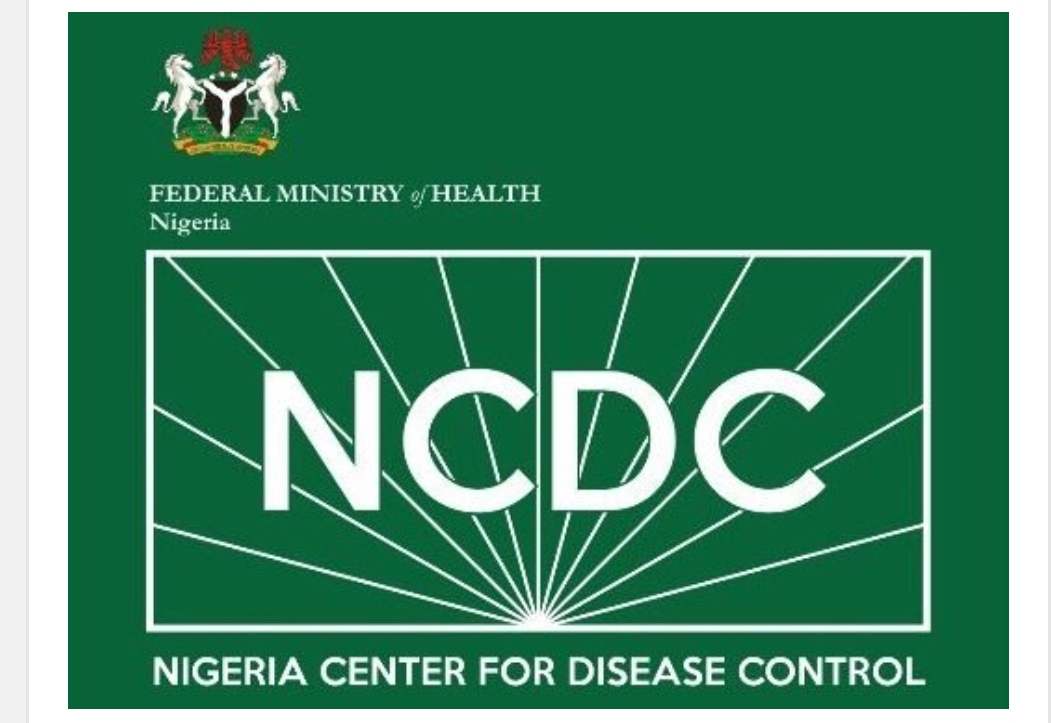The Nigeria Centre for Disease Control and Prevention (NCDC) has enjoined all health facilities, both public and private, to increase the testing for COVID-19 on suspected patients.
In a statement late Saturday evening, signed by the Director-General of the agency, Dr Jide Idris, the agency said all positive samples should be sent to the NCDC laboratory and other public health accredited laboratories for sequencing.
He said the Covid-19 variant called SARS-CoV-2 XEC sub-variant had not yet been detected in Nigeria.
He said, “XEC variant which are descendants of the Omicron lineage JN.1 are yet to be detected in Nigeria.”
Dr Idris, said the recent detection of the variant—a descendant of the Omicron lineage—highlighted the ongoing evolution of the COVID-19 virus.
- No evidence of newly detected COVID variant XEC in Nigeria –FG
- Nigeria’s tax administration system due for reform –FG
He said the statement was necessary to allay the fears created in the public space about the Covid-19 variant reportedly in circulation in Australia.
He said there are many variants of SARS-COVID-2 being monitored globally.
He stated that currently, the JN.1, classified as the Variant of Interest (VOI), was reported in 132 countries, including the United States, India, Australia, the United Kingdom, China, New Zealand, Thailand, Canada, and Singapore, and Nigeria, adding that “A VOI is not yet deemed to pose serious risk.”
However, Dr Idris said that the XEC is a subvariant of JN.1 and has been designated as the Variant Under Monitoring (VUMs) that is being watched for potential concerns and not considered to pose a significant risk, and not yet meet the criteria for designation as VOI.
He said, “There has been a reported rise in COVID-19 cases linked to the XEC variant, which has been detected so far in 43 countries across different continents, Europe, Asia, North America and recently in Botswana, Africa. ”
He said that though the JN.1 had been reported in Nigeria since January 2024, the XEC variant which are descendants of the Omicron lineage JN.1 was yet to be detected in Nigeria.
“The JN.1 sub-variants are dominant globally and are the fastest growing among currently circulating variants of SARS-CoV-2. The XEC subvariant has exhibited higher transmissibility as compared to other variants but has not shown evidence of increased severity,” he said.
The NCDC boss said the National COVID-19 Technical Working Group (COVID-19 TWG) would continue to monitor and conduct analyses of surveillance data both internationally and across the country to guide public health response activities.
Dr Jide said in line with the agency’s emergency preparedness and response strategy, it continually upgraded and updated its strategies and capabilities (surveillance, detection, stockpiling, training inclusive) for a quick and effective response.
“Along this line, a dynamic risk assessment / readiness assessment is being organized to guide us in developing a plan of action,” he added.
Dr Idris enjoined citizens, including media practitioners, to share only verified information responsibly.
He said, “There is no need for unnecessary anxiety or panic. COVID-19 remains a significant risk, particularly for the elderly, individuals with underlying chronic illnesses, those undergoing cancer treatment, organ transplant recipients, and individuals with suppressed immune system.”
He also advised the public to protect themselves in the following ways:
• Maintaining Good Personal Hygiene: Wash hands regularly with soap and running water,
especially after blowing your nose, coughing, or sneezing.
• Covering your mouth and nose with a tissue when coughing or sneezing or into a bent elbow
• Use an alcohol-based hand sanitizer containing at least 60% alcohol if soap and water are not available.
• Wear Masks: If you have flu-like symptoms such as coughing or sneezing, or if you are at risk
of severe disease, use a mask in crowded and high-risk situations.
• Physical distancing, keeping rooms well ventilated, avoid crowds
• Stay Vigilant: Be alert for COVID-19 symptoms, which include fever, cough, headache,
nausea, shortness of breath or difficulty breathing, sore throat, fatigue, new loss of taste or
smell. Seek medical advice promptly if you develop such symptoms or have been exposed to
someone with COVID-19 or similar symptoms.
• Get Tested: For any febrile illness and respiratory symptoms, prompt testing can help
identify cases with a high risk of severe
• Get Vaccinated: Ensure you and your family members are fully vaccinated and receive booster doses as recommended.

 Join Daily Trust WhatsApp Community For Quick Access To News and Happenings Around You.
Join Daily Trust WhatsApp Community For Quick Access To News and Happenings Around You.


